Image
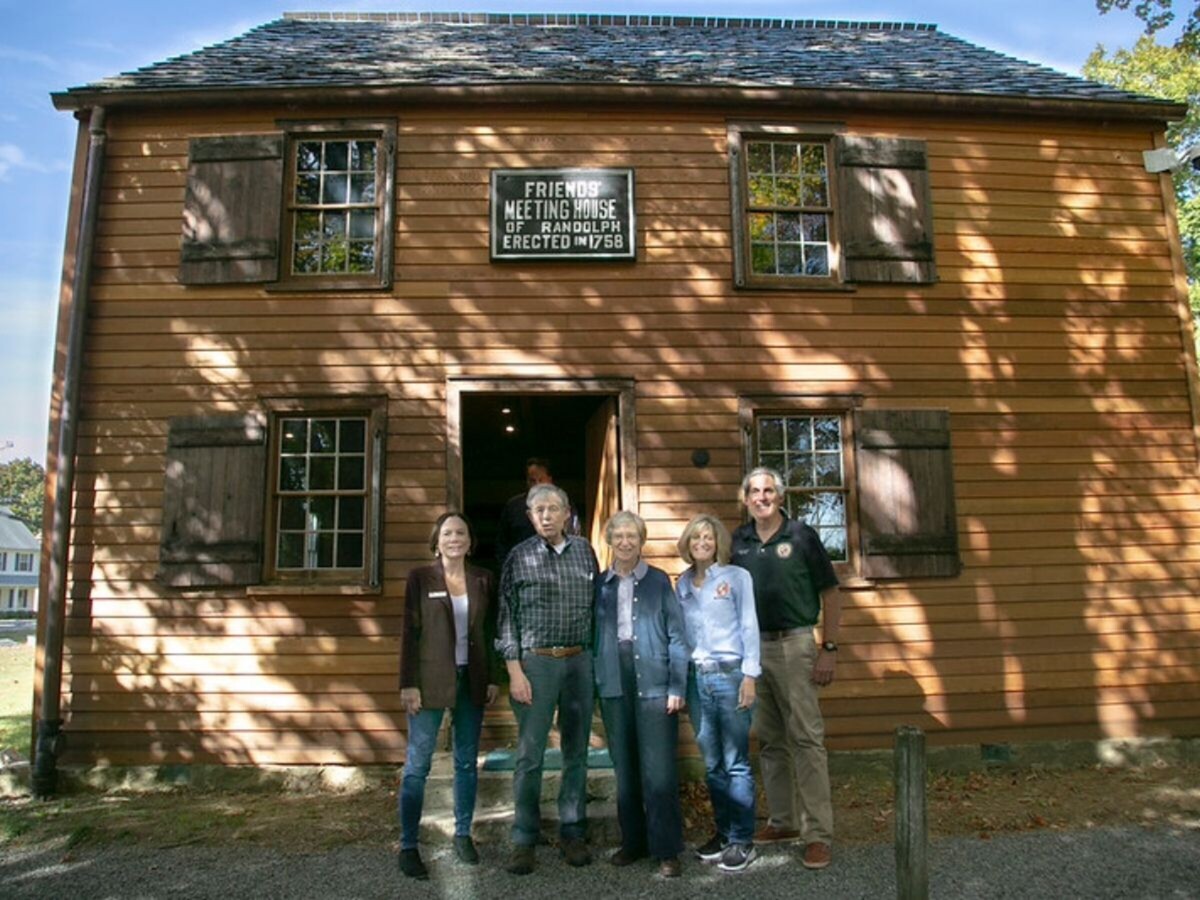

RANDOLPH, NJ - In a resonant celebration of history and preservation, the Randolph Friends Meeting House, New Jersey's oldest wood-frame meeting house, was honored this past weekend with a new plaque from the Morris County Historic Preservation Trust. The event, held at the historic site, was attended by a gathering of local dignitaries, including Morris County Commissioners and Randolph municipal officials, alongside members of the Friends Meeting House and Cemetery Association.
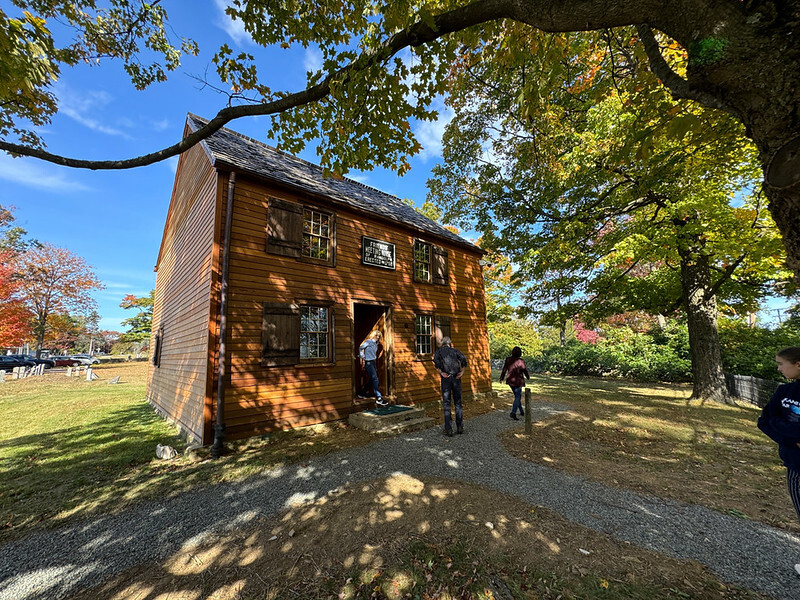
At the heart of the ceremony, Morris County Commissioner Director Christine Myers and Deputy Director Stephen Shaw presented the black-and-bronze plaque to Margaret Steneck, who led the Randolph Friends Meeting House and Cemetery Association from 1985 to 2008. Steneck, whose family roots trace back to the original Quaker settlers of the area, accepted the plaque in a poignant moment that bridged past and present.
“The Morris County Historic Preservation Trust Fund has invested nearly $700,000 in preservation dollars into this building, and it’s been a phenomenal program, "said Deputy Director Shaw, liaison to the Historic Preservation Trust Fund Review Board. “It’s our honor to present this plaque to an original descendent.”
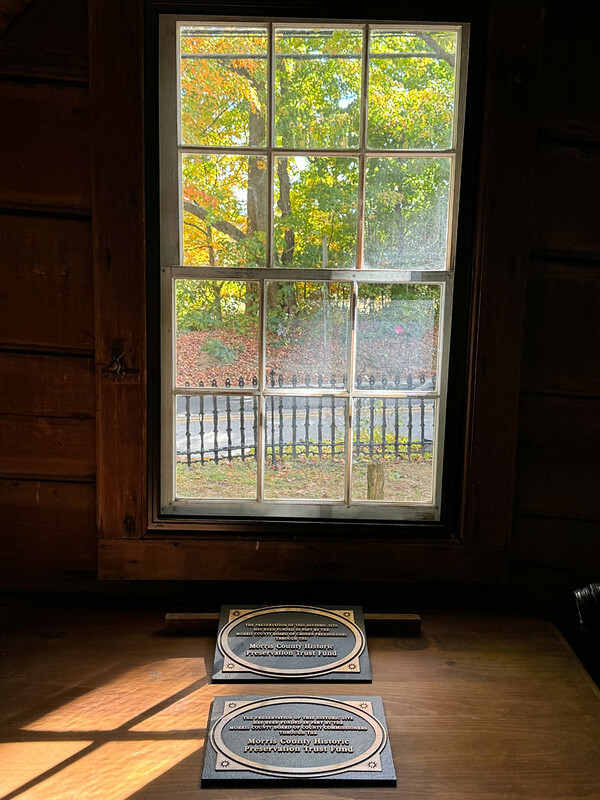
Constructed in 1758, the Meeting House stands as a testament to the enduring legacy of the Quaker community in Randolph. It has served as a vital hub for both religious and social gatherings for over a century. Dr. Nicholas Steneck, current President of the Association and a historian, enriched the event with a detailed presentation on the Meeting House’s architectural heritage and its meticulous restoration efforts.
The adjoining cemetery, continuously in use since the Meeting House's inception, holds the graves of significant historical figures, including anti-slavery activist Jacob Lundy Brotherton and Hartshorn Fitz Randolph, the namesake of Randolph Township. These burials underscore the area’s rich historical narrative.
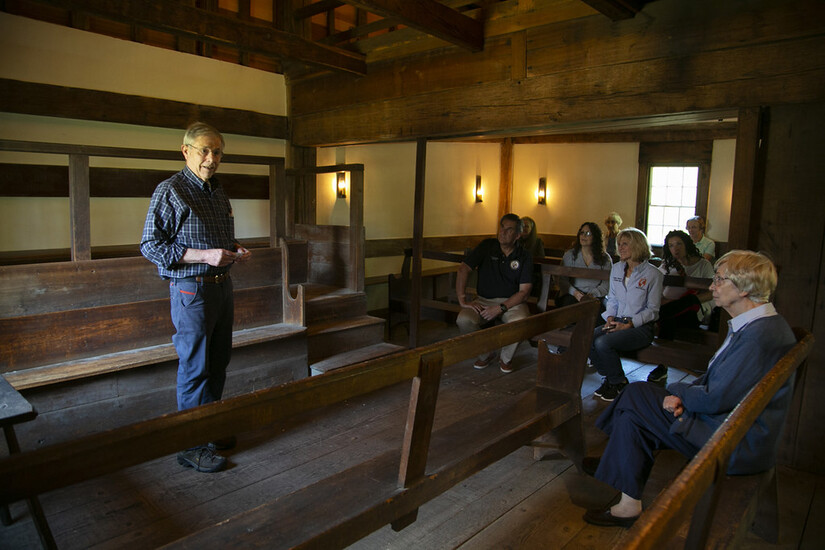
“History is core to who we are and our identity as Morris County, which is the Crossroads of the Revolution. What has enabled us to be here today is the sacrifice of those who fought for our freedom,” said Director Myers. “Commissioner Shaw and I are honored to be leading the effort from the commissioners’ perspective for the semi-quincentennial—the 250th anniversary of the country.”
Significant financial backing has been funneled into preserving this historical landmark, with the Morris County Historic Preservation Trust Fund contributing over $690,000 since 2004. These funds have facilitated a wide array of improvements, ranging from asbestos removal and roof replacements to the enhancement of the visitor experience through better signage, lighting, and accessibility.
“Descendants have kept this building standing since the late 19th century when the last of the original Quakers died. They realized they needed an association to keep it going so they established it,” said Margaret Steneck. “If Morris County and the state of New Jersey had not stepped in in the 1980s, this building would have fallen down, and we are deeply indebted for that support.”
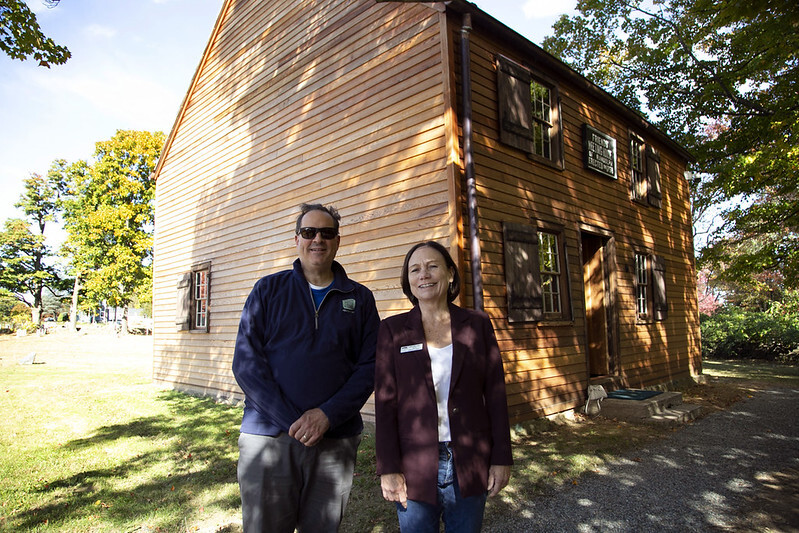
Since its establishment 21 years ago, the taxpayer-funded Trust Fund has committed approximately $50 million towards the preservation of over 120 historic structures in Morris County. This investment in heritage not only preserves these landmarks but also educates and enriches the community.
“The dollars are coming from the taxpayers, but the taxpayers overwhelmingly support these efforts. Every time we go to them to get one of these projects approved, they pass by a three-to-one margin,” Shaw said.
“Thank you to the county and the taxpayers for contributing these funds and thank you for taking good care of this beautiful place and to preserve our history,” said Randolph Mayor Christine Carey, who was accompanied by fellow Randolph Councilmember Lou Nisivoccia.
For those interested in further information or in visiting the Randolph Friends Meeting House and Cemetery, additional details can be found through their dedicated websites, ensuring that the legacy of Morris County’s historic sites is accessible to all who wish to explore them.